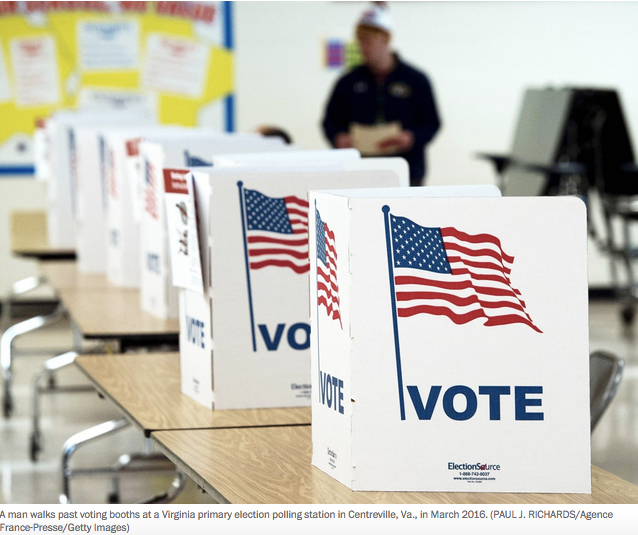LAST WEEK, the Federal Election Commission took a rare unanimous vote to begin drafting regulations that would require greater transparency in online political advertising. The motion is a welcome sign of life from a group long paralyzed by partisanship. And it’s a reminder that Russia’s use of online ads to meddle in the 2016 presidential election should be a matter of concern across political parties.
It’s not yet clear how much influence Kremlin-funded advertisements had in shaping the 2016 election. But a full accounting of Russian interference requires that technology companies and the government both take a hard look at how those ads were allowed to run unnoticed. Facebook, for example, has found 470 fake Russian accounts and pages that ran about 3,000 ads for a total cost of roughly $100,000. Some ads pushed political messages tied to one presidential candidate or the other, while others magnified divisive social issues such as gun rights or immigration. Facebook users had no way of knowing who had funded the ads — and because Facebook allows advertisers to target paid posts to specific cross sections of the population, many researchers and news organizations had no idea that the ads existed at all.
Facebook and Twitter have both pledged to increase the transparency of advertisements on their platforms, providing users with more information about which posts are ads and who’s behind the funding. But as both companies seem to recognize, self-regulation isn’t enough.
Read full article




